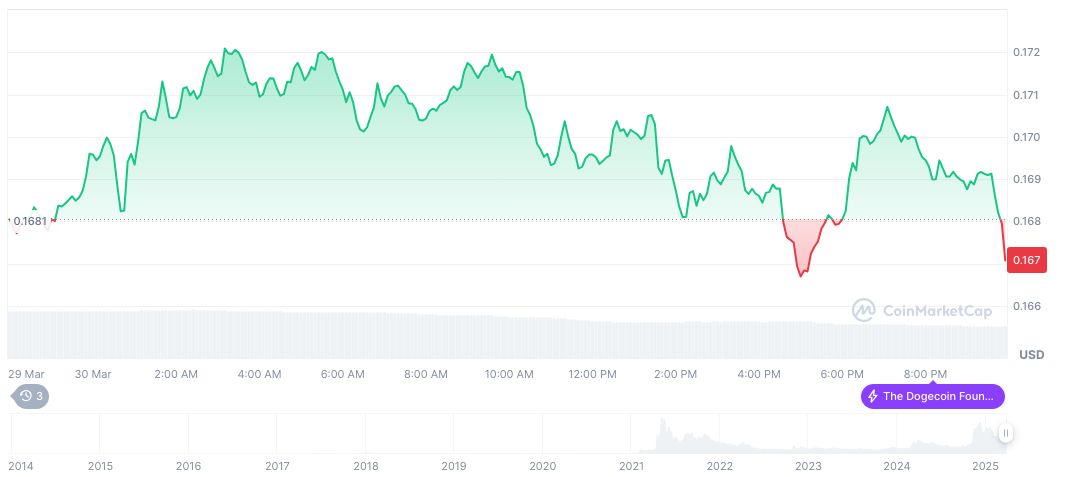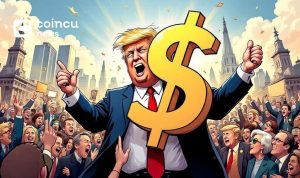- Elon Musk’s dual roles in Tesla and government prompt protests.
- Stock market sensitive to Musk’s political roles.
- Potential implications for tech assets investor confidence.
On Saturday, anti-Musk protests erupted at various Tesla locations across the U.S., with demonstrators voicing opposition to his role in government.
The protests draw attention to Elon Musk’s influence in political and corporate spheres, raising concerns among investors about impacts on Tesla.
Musk’s Dual Roles Spark Nationwide Protests
Multiple protests occurred as demonstrators gathered at Tesla stores, chanting slogans critical of Elon Musk’s political engagements. Participants highlighted Musk’s leadership roles, including his position in the Department of Government Efficiency.
Market implications are evident as Tesla’s stock has faced a downturn since President Trump’s inauguration. Investors remain wary of Musk’s involvement in government, which could sway market sentiment, particularly towards technology assets linked to his name.
“This continues to be a moment of truth for Musk to navigate this brand tornado crisis moment and get onto the other side of this dark chapter for Tesla,” said Dan Ives, Analyst, Wedbush Securities.
Reactions from political figures include statements from Rep. Jasmine Crockett and Zohran Mamdani, both of whom joined protesters and criticized Musk’s influence. Wedbush Securities’ Dan Ives described it as a “brand tornado crisis moment” for Tesla.
Investor Confidence Wanes Amid Political Scrutiny
Did you know? In previous situations involving tech leaders like Elon Musk, public scrutiny has often led to temporary market volatility, affecting the wider tech and crypto sectors.
Dogecoin currently trades at a market cap of $24.87 billion, with a price of $0.17, as reported by CoinMarketCap. Recent declines in trading volume show a reduction of 31.55% in 24 hours, spotlighting ongoing uncertainty in crypto markets as public confidence wavers.

Experts from the Coincu research team suggest that regulatory discussions around tech company oversight may gain momentum. Historically, enhanced scrutiny in tech sectors has led to regulatory changes, impacting investor sentiment and leading to shifts in market strategies.























